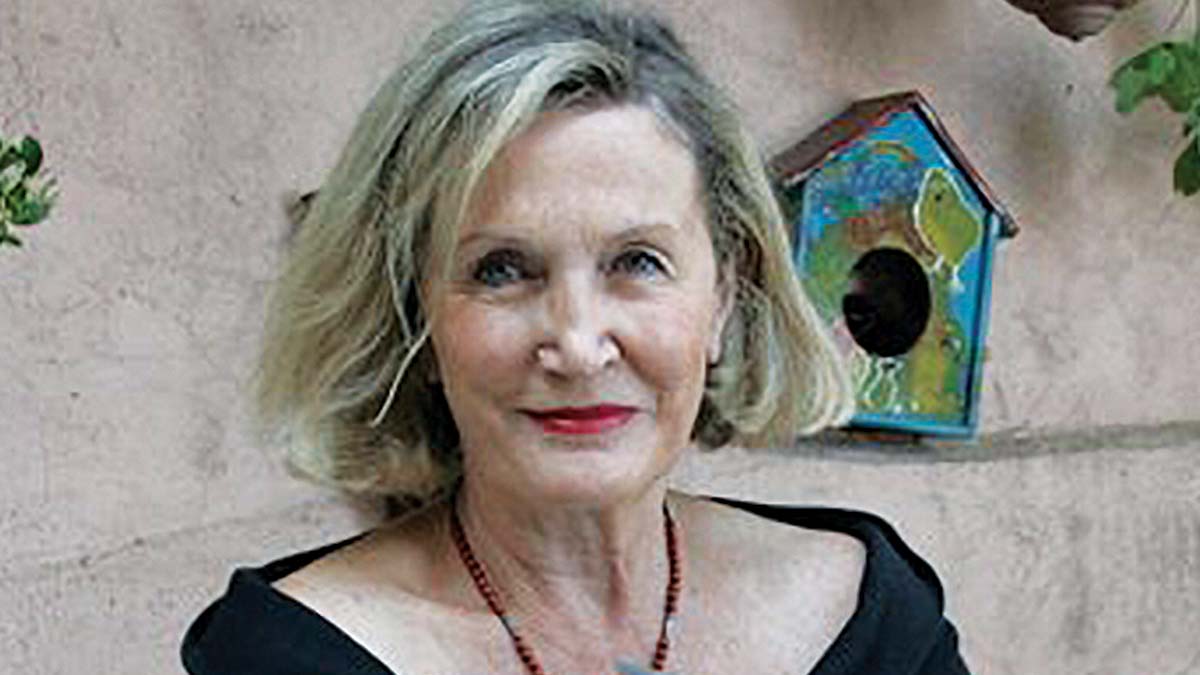AS I SEE IT
MARIANNE HERON
After months of rows over undisclosed payments to Ryan Tubridy and inquisitions of RTÉ executives by the Dail Media Committee, which probably broke viewership records, a plan to save our cash-strapped public service broadcaster emerged last week.
But what is public service broadcasting and why do we need it, one exasperated commentator asked last week, making it sound like an unpalatable tonic to do us good. The basic premise of Public Service Broadcasting (PSB) is that it be free from political and commercial interference – something we can trust to be free of bias.
More than that, the service is meant to be for us and about us, reflecting our values and who we are as a nation – accessible, with good programming, liberal guidelines and which does not forget minorities.
The shining example of PSB has been the BBC, fondly known as Auntie, a nickname which conjures up a kindly relative who knows what’s best for her young relatives. Lord Charles Reith, who was instrumental in establishing the BBC’s PSB tradition, described its role: to inform, educate and entertain. In relation to values in mass media he once proclaimed: “To apply broadcasting to the dissemination of the shoddy, the vulgar and the sensational would be a blasphemy against nature.”
No doubt he is turning in his grave these days.
RTÉ’s survival plan – in the face of loss of public confidence which saw payment of licence fees plummeting, falling advertising revenue and a need for a dig-out from the Government – is a cost-cutting exercise. A fifth of the staff – 400 employees – are to go in the next four years, while some services will be axed, with 50% more programmes outsourced. And there are crowd pleasers like putting a quarter of a million euro cap on presenters’ or executives’ fees. Attending to unacceptable details like the treatment of contract workers and the way some executives were apparently able to award themselves generous severance packages would undoubtedly help public confidence too.
While the plan is designed to put RTÉ’s house to rights in order to secure future funding, just how that funding is to be sourced is yet to be decided by the Government. At present, RTÉ has a hybrid model, part licence, part State and part advertising and that future funding decision may not be taken until after the life of the present Government.
The document also details plans to engage more fully with the digital approach with broader distribution on social media and promises to “commission and produce high impact television and audio documentary series that “facilitate national conversations” .But will this really give viewers what they want.
It seems while people are reasonably happy with RTÉ radio, they may be less so with programming and content on TV. Television eats up the lion’s share of RTÉ’s budget with RTÉ 1 – where news and current affairs are the biggest expense-gobbling up twice what RTÉ 1 gets and where sport is the biggest cost.
What, you might ask, have endless overseas soaps got to do with PSB? Do we want soaps and cookery programmes back to back at times when other channels are offering exactly the same thing and, then, why the dearth of home produced drama?
Despite all the competition from the streaming giants like Netflix, Virgin and overseas channels, we are loyal viewers: last year nine out of 10 of the most watched programmes were on RTÉ, with the news coming after the predictable ratings topper the Toy Show and followed by programmes like Room To Improve and Dancing With The stars.
But does the content really reflect who we are? Ireland has a hugely creative country where we are, fired with imagination, celebrated for our writers, theatre and music. There’s a wealth of talent out there which isn’t reflected enough on our screens, especially in writing and drama. Recently we have become multi-cultural, with 20% of the population born outside Ireland. Film makers flock to Ireland for glorious locations and the technical skills available here, while visitors come for the craic, the friendliness and green countryside. We are justifiably proud of who we are, hence we should have a broadcasting service we can be equally proud of, but delivering that requires finance and talent and, like RTÉ, such needs a change of culture.
Trouble is that, at present, both the public and the Government have lost faith with RTÉ over its wasteful management. But if we want a service we can be proud of in future, it’s going to need our backing.

















